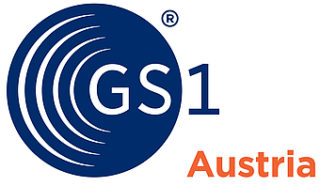What is EDI?
EDI: a tradition of innovation
Electronic Data Interchange, also known as EDI, has been synonymous with optimized processes along the supply chain for almost four decades. The technology has consistently evolved during this time. In today’s business world, EDI is a key technology for innovation-driven companies that believe in efficiently optimizing their processes with a long-term perspective, whether it’s company-wide, between industries or across borders.
What does Electronic Data Interchange mean?
Electronic Data Interchange (EDI) refers to the exchange of electronic business documents between business partners, which makes it part of e-commerce or e-business activities. The goal of EDI is to reach the highest possible level of process automation via integrated data exchange while avoiding manual and paper-based business transactions. Among others, EDI is used to exchange order information between retail companies and manufacturers. In addition, EDI is also used for invoicing processes, which allows for the electronic transfer of invoices in real time, reviewed immediately and subsequently processed.
Many other business processes can be handled via EDI, including master data management, sending electronic delivery orders to logistics service providers, providing article information sheets or processing payment requests.
Standardized technology is key to allow companies of any size and industry in any country to exchange business data no matter which communication channels, data formats and media they use. This includes, among others, GS1 EANCOM® and/or UN/EDIFACT for data formats as well as identification standards such as GLN, GTIN, SSCC,….
Benefits of Electronic Data Interchange (EDI)
Companies will benefit from the following advantages of EDI:
Saves money:
- No paper for printing and mailing required
- Makes manual work/data entry obsolete
- Automated processes
- Future-proof investment thanks to the use of standardized technology
Increases efficiency:
- Information is transmitted in real time, which accelerates processing
- Increased accuracy and no mistakes as could occur with manual data entry
- All transactions can be traced or supervised
- No integration gaps
Generally improves corporate processes:
- Improves collaboration between all business partners in different companies
- Transparent processes thanks to continuous flow of information
- High information quality for improved production planning, inventory optimization, swift reaction times, etc.
As international studies have shown, EDI processes, from order processing to invoicing, can translate into savings of up to € 51 per business transaction.




